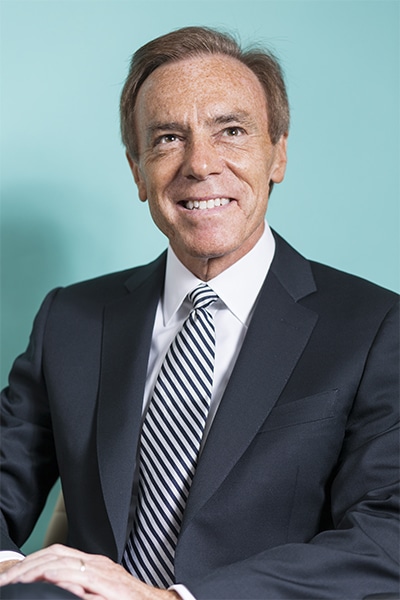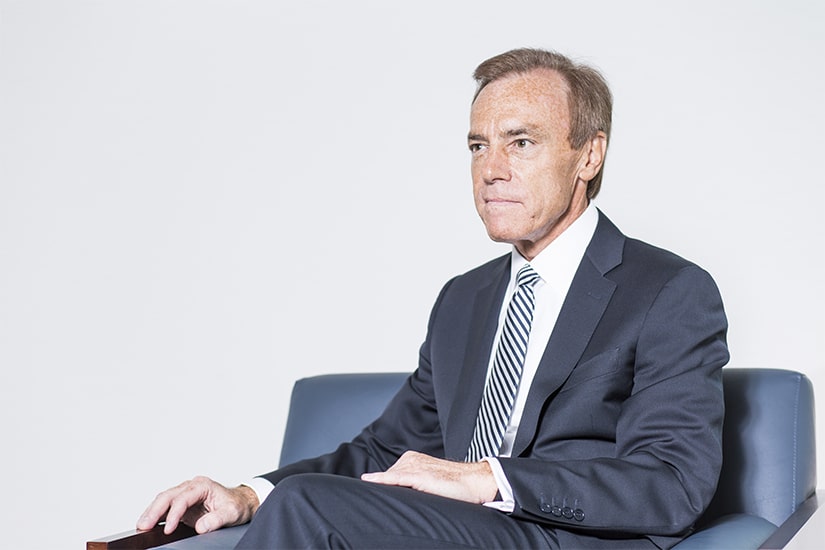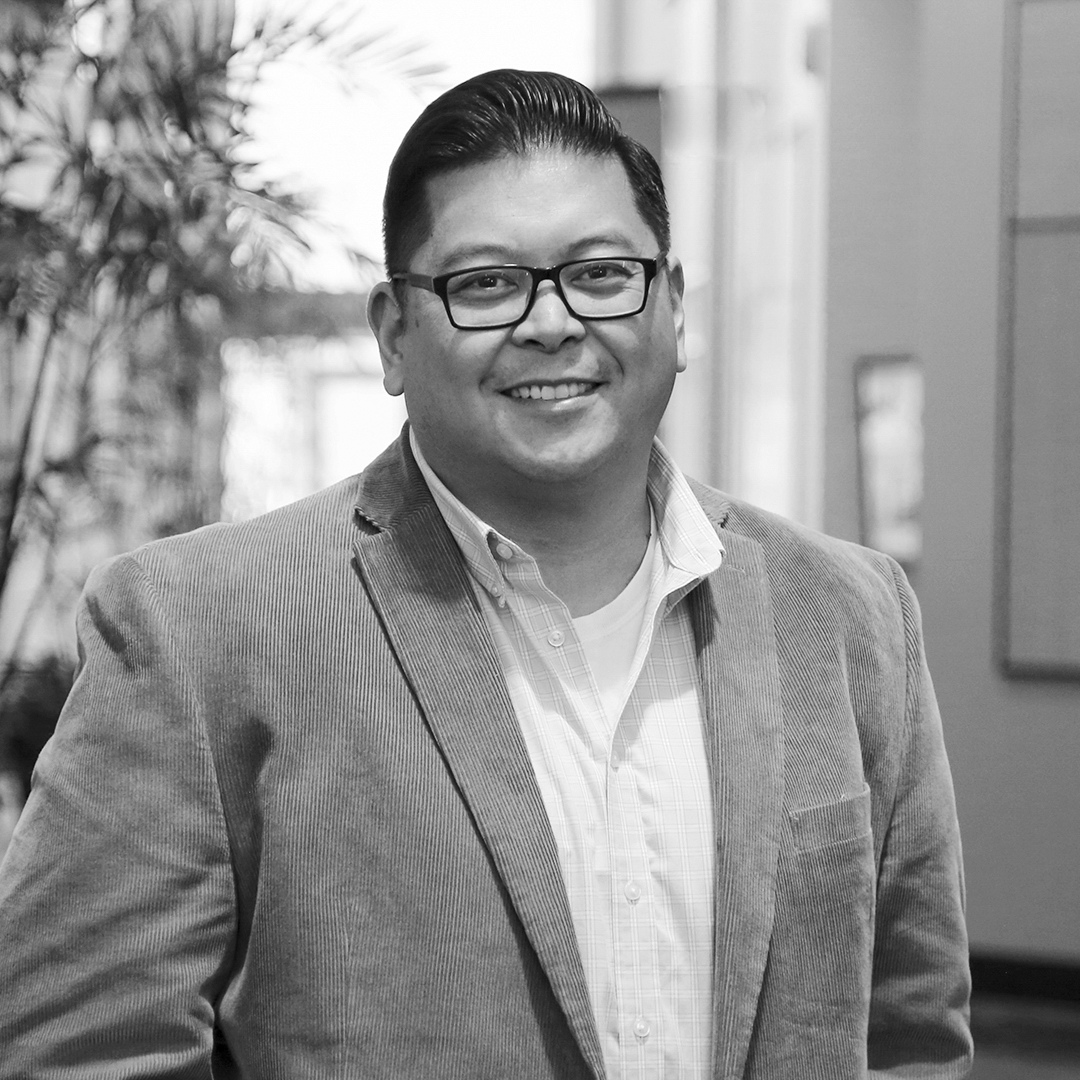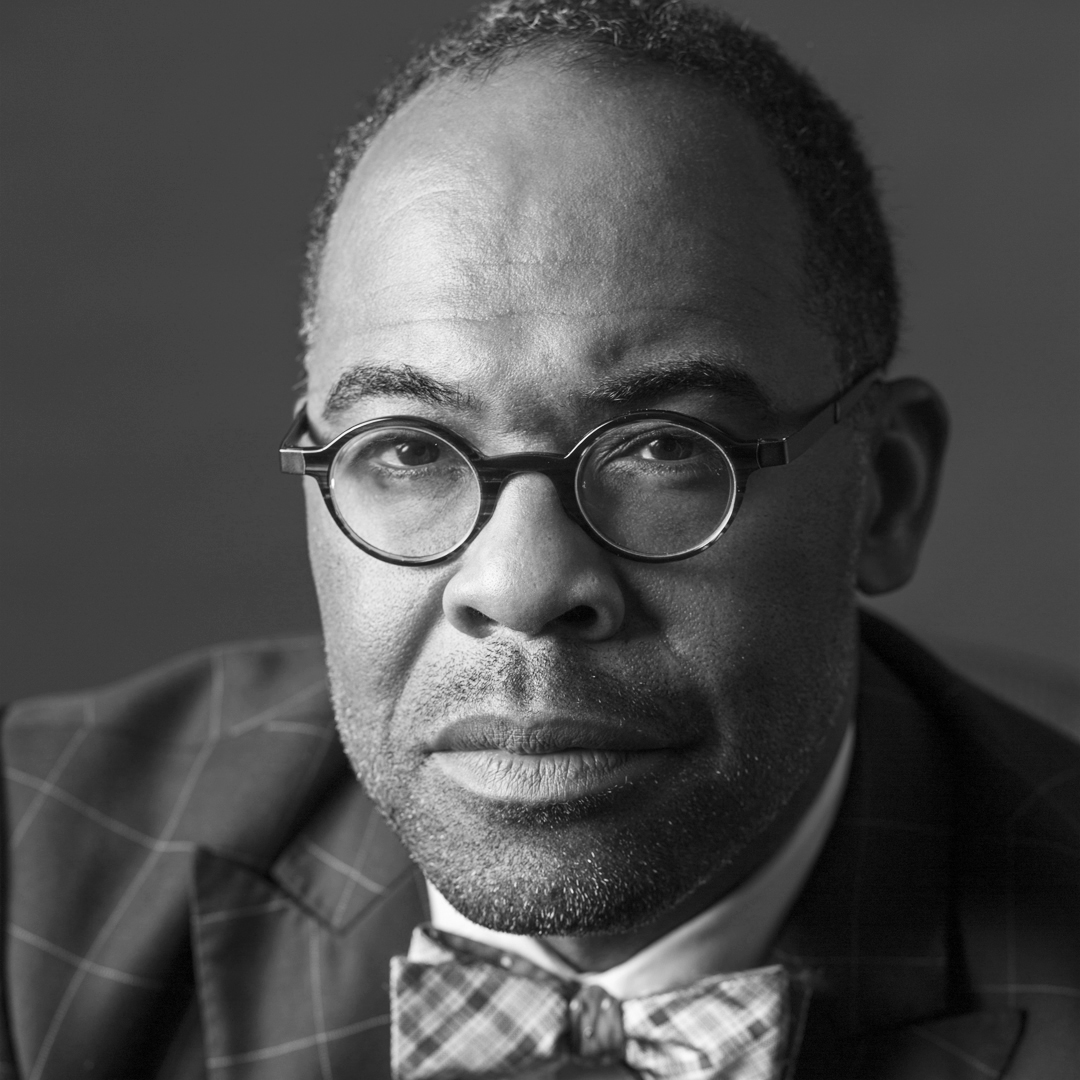Paul Tufano brings a unique perspective to the complexity of healthcare. It comes from his incredibly varied career, which has included leadership roles in law, government, and now healthcare.
Before taking on his current role as chairman and CEO at AmeriHealth Caritas—a national Medicaid managed care company with more than six thousand employees, operating in fifteen states and the District of Columbia—Tufano served as general counsel for Independence Blue Cross; as general counsel for the Commonwealth of Pennsylvania under Republican Governor Tom Ridge; and as a partner in the Philadelphia law firm Blank, Rome, Comisky & McCauley.
Despite his serving in the cabinet of Republican Governor Ridge, in 2002, then-Democratic Governor-elect Ed Rendell asked Tufano to serve as cochair of his transition team. Tufano believes the experience he gained from each opportunity prepared him for the next one and that they all now contribute to what he considers his most challenging—and rewarding—undertaking: leading a managed care organization.

“I’ve been able to gain an extraordinarily broad view of the issues that organizations face every day, as well as the stakeholders they serve and their relationships with them,” Tufano says. “The key to managing a diversity of needs and interests is to think broadly and strategically, and understand how all the individual pieces have to fit together seamlessly.”
That approach is important in the pursuit of AmeriHealth Caritas’s mission to help provide access to healthcare and build healthy communities among underserved populations. The strategy helps address obstacles that, even in this day and age, stem from uninformed opinions and bias, according to Tufano.
To combat misconceptions, such as Medicaid recipients don’t work (more than 70 percent do) or they receive cash payments (most don’t), Tufano takes advantage of every opportunity to disseminate the truth. “I often pull out my own insurance card to emphasize that we want our Medicaid members to have the same access to healthcare as those who are more fortunate,” he explains. “The least fortunate members of our society should be able to walk through a hospital’s front door to see a physician and be proactive about their health, rather than being forced to wait until they are so sick they have to go to the emergency room.”
“I actually look forward to a day when we don’t need Medicaid because it will mean we’ve eradicated poverty.”
Whether he’s addressing members of Congress, state legislators, or the public, Tufano highlights that AmeriHealth Caritas is in the “dignity business.” To make that business successful, the company actively focuses on the social determinants of health and develops pragmatic programs to help members find pathways to prosperity and independence. This means caring for the whole person, not just a disease or condition. The company’s robust network of wellness centers go beyond medical care by providing, among other support resources, answers to insurance questions, information on how to earn a GED, classes in nutrition, financial literacy, job training, and referrals to programs offering heating assistance in the winter.
In the communities it serves, AmeriHealth Caritas partners with food pantries and grocers to address food insecurity, and works with ride-share services to help members without access to transportation get to their healthcare appointments.
“We become part of the communities we serve,” Tufano says. “We’re in a grassroots type of business, and we are committed to meeting our members where they are.”

Government service taught Tufano to listen as well—and to overlook labels that might obscure shared interests and objectives between what appear to be opposing parties. For example, after having worked on transition teams for both major political parties, he realized that each side was genuinely committed to giving their administrations the best possible start so they could effectively serve all citizens, whether or not they had voted for the incoming governor. Tufano’s experiences serve as an ongoing reminder to stay open-minded, think creatively, and seek advice that others might not consider.
Tufano said his tenure in government helped him to appreciate the incredibly difficult work that faces state government officials who manage Medicaid programs. “They are the unsung heroes of government,” Tufano says. “They manage billions in taxpayer dollars, often the largest line item in a government’s budget. And no other program affects so many people.”
Tufano also learned the importance of compromise when developing effective solutions to complex challenges. “There are two sides to every story, and understanding both is more important than winning every single time,” he says. “Healthcare is complicated, so we need to consider the best ideas from all sides in order to be as constructive, creative, and innovative as possible.”
It’s not uncommon for Tufano to take a historical perspective when describing AmeriHealth Caritas’s mission. He often refers to the first hospital in the US, the Pennsylvania Hospital—which was founded in Philadelphia—where the company is based—by Benjamin Franklin and physician Thomas Bond in 1751, with a mission to care for the poor. The implication is that even before the Declaration of Independence, the nation had a culture of equality, inclusion, and caring for the less fortunate.
“I actually look forward to a day when we don’t need Medicaid because it will mean we’ve eradicated poverty,” Tufano says. “But until then, it’s important to agree that providing efficient, affordable healthcare is as vital to society as are other demands on our resources. Once we have that agreement, we can start talking about how to work together and relegate poverty to a thing of the past.”


